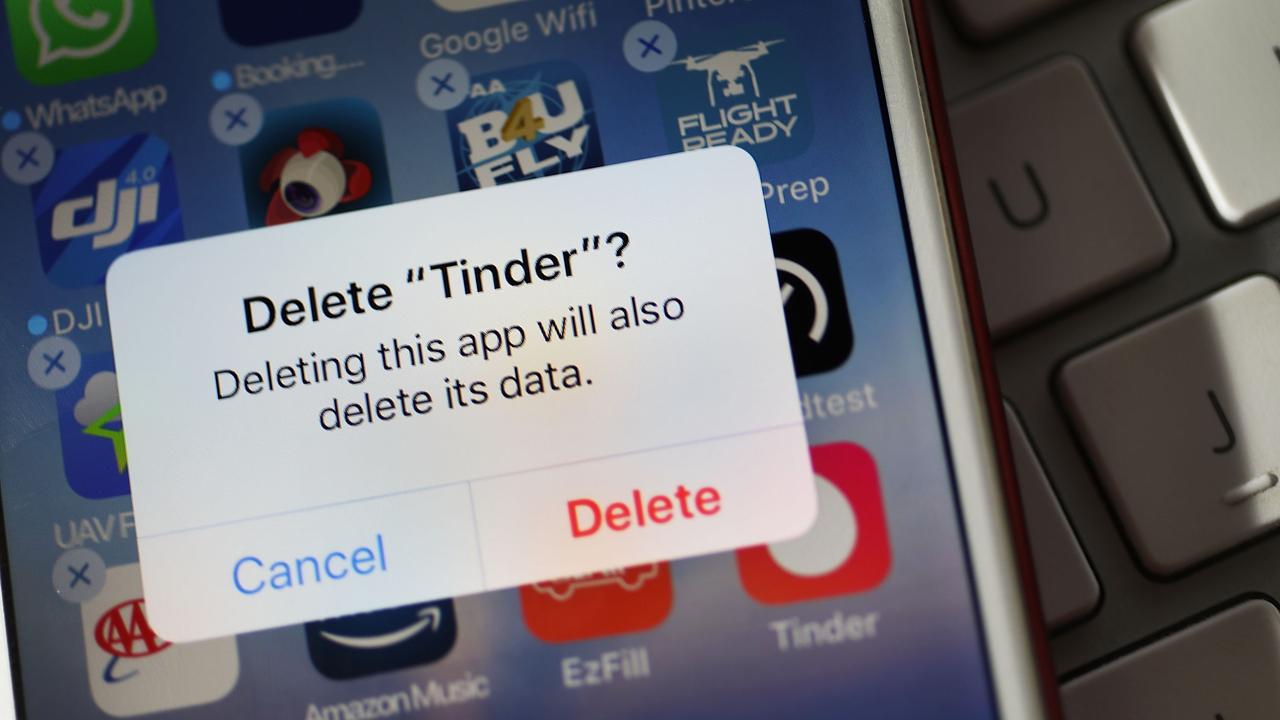Tinder owner Match Group sued for placing fake ads
Dating sites are riddled with scammers swindling the lovelorn, but now the apps are getting in on the action too.
Dating website Match.com has been touting bogus profiles tied to “romance scams” to boost its membership, according a new legal case.
The Federal Trade Commission on Wednesday said Match Group, which owns Tinder and Match.com, relied on “fake accounts created by fraudsters” to entice new users to start paying for the service between 2013 and mid-2018.
Match.com is a free-to-use website, but a subscription is required to message with other users. That’s where the “romance scams,” which made up a shocking 25 per cent to 30 per cent of members, came in, according to the FTC.

Instead of warning prospective members that a message was likely part of a “romance scam,” Match would jump on the opportunity to get new people to sign up for a subscription through a follow-up ad, the legal suit said.
“He just emailed you! You caught his eye and now he’s expressed interest in you … Could he be the one?,” the ad would read, according to the case.
Sometimes the ad would come with a coupon.
“1 woman has shown interest in you this month! And best of all, PAY 25% LESS when you subscribe today,” another advertisement read.
Between June 2016 and May 2018, close to 500,000 subscriptions were generated this way, the FTC said.
According to the complaint, Match knew that these messages “were likely to have been sent by persons engaging in fraud” because it had a process for flagging accounts it believed to be scams. And it withheld messages from those accounts to its members — while freely forwarding them to non-members, the suit said.
Between June 2016 and May 2018, approximately 87.8 per cent of accounts whose messages were withheld from members were later confirmed by Match to be fraudulent, the FTC said.
“We believe that Match.com conned people into paying for subscriptions via messages the company knew were from scammers,” said Andrew Smith, director of the FTC’s Bureau of Consumer Protection.

Match called the FTC case “completely meritless allegations supported by consciously misleading figures”.
“Fraud isn’t good for business. That’s why we fight it,” the company said in a statement on Wednesday. “We catch and neutralise 85 per cent of potentially improper accounts in the first four hours, typically before they are even active on the site, and 96 per cent of improper accounts within a day.”
The complaint also accuses Match of guaranteeing a free six-month subscription renewal for people who failed to “meet someone special,” while failing to disclose the requirements necessary to claim the offer.
The suit further claims that Match’s cancellation process was “confusing and cumbersome,” and led customers to believe they had cancelled their accounts when they really hadn’t.
If customers disputed the charges they incurred and lost the dispute, Match would still deny them access to the paid-for services, the legal suit says.
Shares of Match closed down 1.9 per cent Wednesday $71.44 a share.
This article originally appeared on the New York Post and was reproduced with permission



